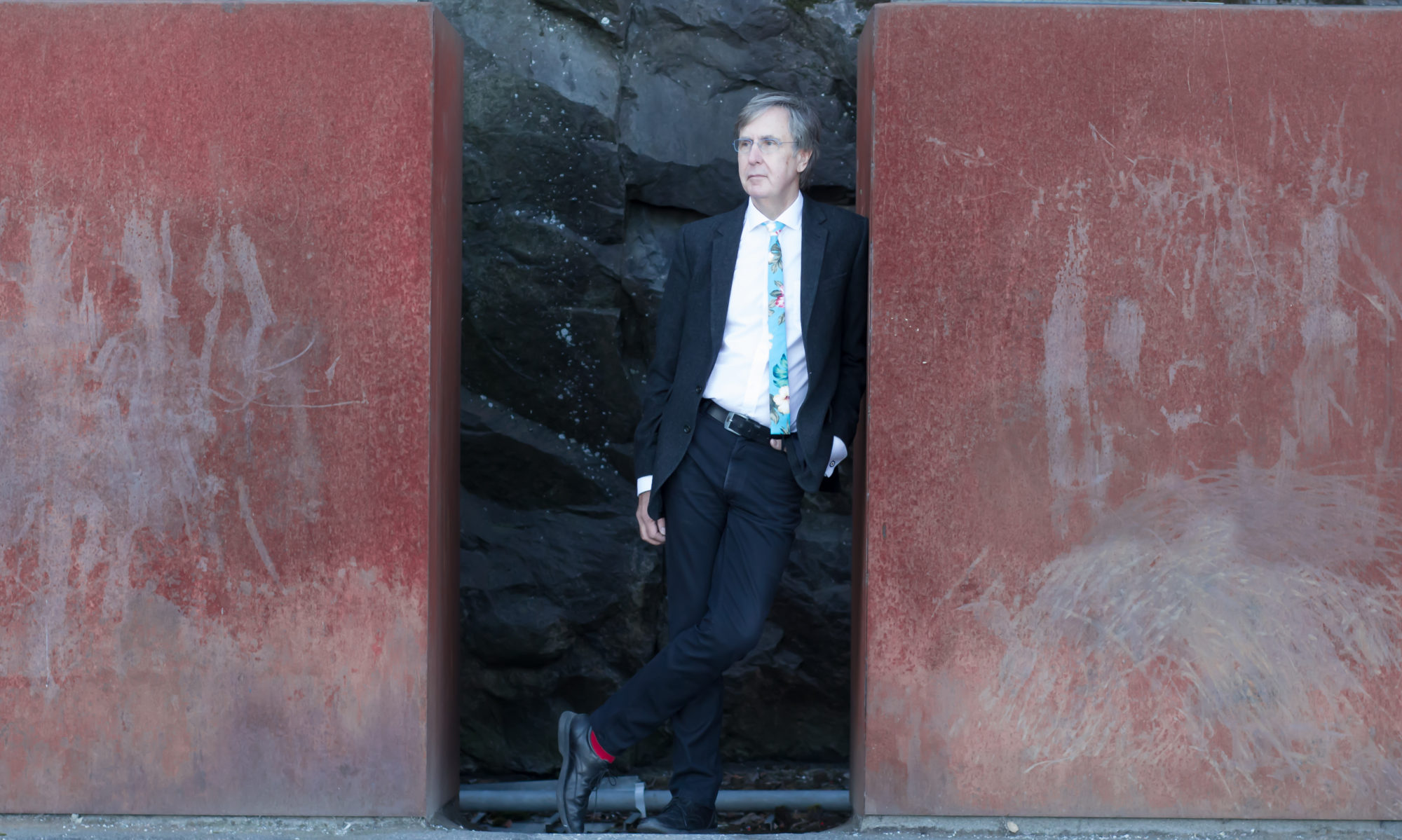I often feel exasperated over the multitude of definitions of what strategy is. My colleague Martin just defined Strategy as that which we afterwards know was successful. Just look at all these books on Strategy, particularly among the business books at the airport. Broadly they fall into two categories, templates or methods to follow or success stories which imply that you should emulate them for success.
The most dramatic personae in the field is probably Gary Hamel, with his battle cry ”If it isn’t revolution, then it isn’t strategy”. The word strategy seems to be used for anything between that extreme position of uniqueness to the more mundane ”what is our strategy for buying a new photocopier?”. I usually claim that there are at least as many definitions of what strategy is as there are academics and consultants in the field.
Is strategy an organisation or a person thing? Organisations seem to do strategy in some sort of strategic planning process. But as Henry Mintzberg points out in the Rise and Fall of Strategic Planning, it is possible, or even usual, to go through a strategic planning ”process”, without strategy actually emerging. Mintzberg focuses on how Strategic Thought emerges.
What do we want to achieve by having strategies? Creating meaning for employees? Creating new direction? Revolutionising business? Surviving? Ensuring long-term viability? Risk minimisation? Starting something entirely new?
In one of his books Tom Peters tells about Bob Eaton, when he stepped in as CEO of Chrysler. At a meeting with many managers he read newspaper cuttings about the bad times Chrysler was in. Everybody thought they were about the present. Bob Eaton read out the dates, and they were about ten years apart. He then said that his job was to ensure that the same situation did not occur after another ten years.
It did not turn out that way, but he was probably right. I use Requisite Organisation Theory, also known as Stratified Systems Theory to understand the difference in work at different levels of the organisation. One of the differences has to do with time consequence. The job of Bob Eaton was to build the structure and set stuff in motion so that the company would be successful and profitable in ten years.
If we want to call that job Strategy, so be it.
What we do know is:
- There is no way of being certain of the outcome in ten years time, so handling uncertainty comes into it.
- Strategy probably has to do with being able to manoeuvre through unexpected change.
- Most probably there is a significant difference between the present state of operations and that which will be in place in 10 years. So whatever needs to be done has to be built on the existing in some sort of mix between bottom-up planning and top-down strategy/vision.
- Some sort of balance between risk-minimisation and maximum opportunity utilisation needs to be found.
- Strategy has different meaning for a start-up and an industrial giant with a huge investment in plants.

I agree. Strategy is term way over used and (under)stood.